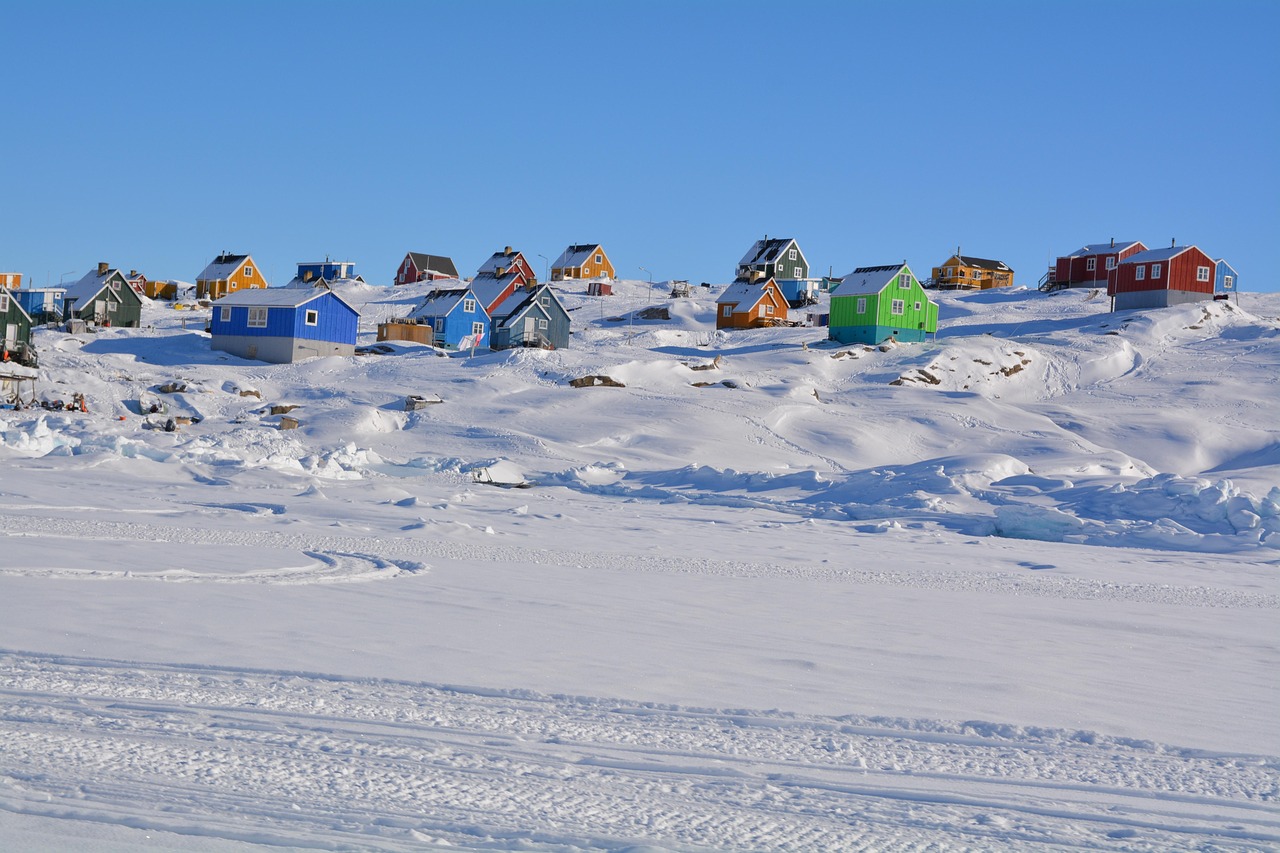
Statement by Dr Dwayne Ryan Menezes, Founder and Managing Director of Polar Research and Policy Initiative (PRPI), on the new coalition agreement in Greenland to be signed on Friday, 28 March 2025, and JD Vance’s Visit
Formation of New Coalition in Greenland
On 11 March, Demokraatit, a party formerly in opposition, won the highest number of votes in the national general election in Greenland, but not enough to form a government in its own right. It had 45 days from the day of the election to form a new coalition. The chairman of Demokraatit, Jens-Frederik Nielsen, was clear from the outset that he wished to establish as broad a coalition as possible in the face of the pressure Greenland was under from the US. Negotiations were in full swing for two weeks, and it emerged on Thursday that four of the five parties – all, except Naleraq – have come together to form a coalition. The coalition agreement is to be signed at 11 am Greenland time on 28 March. The four parties have around 75 per cent (23 of 31) of the seats combined in the Parliament of Greenland (Inatsisartut). The coalition agreement could not have come at a better time as it will signal to the Vances the unity forged in defiance of Trump’s aggressive rhetoric and their ill-timed visit.
Is the change in Vance’s itinerary a win for Greenland?
I do not think any true ally or partner of the US would wish to see it undermined or embarrassed, even when faced with the inexplicable loathing in the Trump camp; the frustration – if any – arises from our desire that the US shows greater global leadership in line with our shared values than it seems willing to do at present. Yes, it may be Trump’s “art of the deal” to push another party into a corner where it feels like it has no choice but to yield or grovel, but what this regrettable episode shows is that the tactic is not foolproof. By letting the Vance visit to Greenland go ahead at such an inopportune time, Trump had pushed himself into a dark corner where it seemed he had only two options left: back off, or double down.
In a labyrinth filled with dark corners, it is helpful not to speak of “winners” and “losers”, but simply to shine a light. One might just discover a hidden door. Instead of cancelling the visit altogether, the US simply changed the itinerary to focus on Pituffik Space Base. No one can find fault with this. It makes complete sense that the leaders of a new US administration should wish to visit the northernmost US military installation at a time the Arctic is growing more strategically important. The change, thus, delivered a win-win situation for both Greenland and the US. Greenland managed to stave off a very awkward situation with its closest ally, while the US altered its course before it did further damage to its reputation.
Where should the US go from here?
Trump should recognise that even if his interest in acquiring Greenland was so outrageous as to seem amusing at first, the idea lost its lustre as soon as it was evident that he was serious. That said, the reawakening it triggered with respect to Greenland’s strategic importance produced some positive results. We welcomed recent US initiatives, such as the reestablishment of the US Consulate in Nuuk, the extension of USAID funding to support economic diversification and development in Greenland, the potential inclusion of critical minerals projects in Greenland for US EXIM Bank financing, and the adaptation of Thule Air Base as Pituffik Space Base. They constituted a healthy basket of soft and hard power developments that signalled growing interest, not latent threat.
The right way forward was just to carry on and do more to strengthen bilateral cooperation, increase investment, cultivate trust and goodwill, and respect the right of the people of Greenland to self-determination. Instead of letting sense prevail, I fear Trump surrounded himself with cowboys with more testosterone than tact: for whom conquest is good, and alliances are bad. Those who have hijacked the cause have muddied the water so much that now legitimate US interests lie enmeshed in the same puddle with outlandish and discourteous asks that entirely lack legitimacy. The irony is that in trying to counter emerging risks to US interests with their sullied advice, Trump has inadvertently inflicted the greatest risks to those same interests, sowing tares in fields of perfectly healthy crop.
Counterproductively, the US proposal to acquire Greenland has ended up posing the greatest threat to US interests in Greenland. It does not have to be this way. That is why I continue to encourage the US to jettison all talk of annexation, take time to focus on mending wounds in longstanding alliances, and explore other – more meaningful – possibilities of securing its legitimate Arctic interests, from investing in icebreakers, to developing much-needed deepwater ports along Arctic sea routes (outside Russia). Changing course is vital to restoring faith in US leadership of the free world. If the US President is to serve as the leader of the free world, he cannot be one most willing to threaten and least willing to defend the freedom of the world he is supposed to lead.